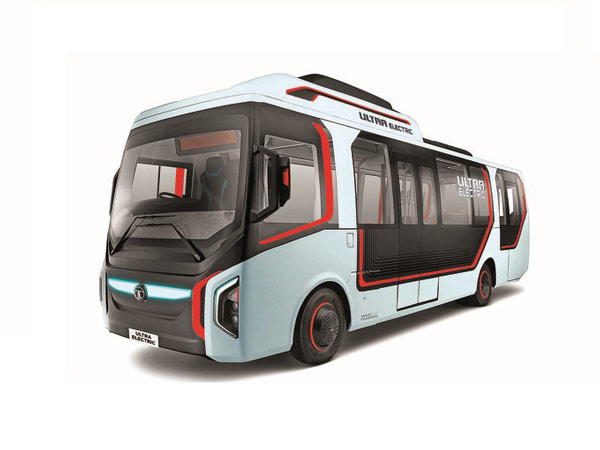
The joint move towards electric buses comes shortly after the government is seen laying down greater emphasis on moving to electric vehicles including public transport such as buses.
The consortium of companies who had joined hands to work on electric cars only to abandon the project later have now decided to work jointly on electric buses.
Home-grown companies and traditional rivals in the commercial vehicle space Tata Motors, Ashok Leyland and Mahindra & Mahindra have come together to jointly seek solutions for electric bus mobility.
The joint move towards electric buses comes shortly after the government was seen laying down greater emphasis on moving to electric vehicles including public transport such as buses.
Speaking to Money control, Arvind Mathew, Chief of International Operations, Mahindra & Mahindra, said, “The car consortium for which the companies had got together is converted to an e-bus consortium”.
As per sources the government’s participation and contribution is of equal importance in this new venture. The Center has promised the consortium that it will bear half the development cost of the project, as per sources.
Mathew was one of the senior executives involved in the car consortium when he was the chief executive officer of Mahindra Reva (now Mahindra Electric). Apart from the Tata Motors and Mahindra & Mahindra the group also had involved Maruti Suzuki and Ford.
However, the open-ended technical alliance where the know-how of motor, transmission and batteries was to be shared and developed jointly, could not gather much steam since companies decided to go solo on development of electric vehicles.
But for the bus venture there is hope. All the three companies involved do not have a foreign partner for support (unlike the case of Maruti whose parent Suzuki has joined hands with Toyota). “This may allow a coherent work atmosphere for the joint venture to flourish,” said a person aware of the development.
India’s largest bus manufacturer Tata Motors has already developed and showcased an electric bus which it is trying to market to the Himachal Pradesh Road Transport Corporation.

It was Chennai-based Ashok Leyland who was the first to commercially launch an all-electric bus last year called Circuit. The battery-powered bus has a capacity to run for 120 kms on a single charge. Prior to the Circuit the company had developed a 200hp, 44-seater, intra-city bus called Versa EV with a maximum range of 144 kms on a full charge.
Last month Mumbai-based Mahindra & Mahindra said it will launch a 32-seater all-electric bus in 2019 under the EV 2.0 programe which is kick-started. The company is spending Rs 600-800 crore for development of electric vehicles and setting up of capacity.
The key, however, is to bring down the overall cost of the vehicle which remains prohibitively high. For instance, the 9-meter electric bus made by Tata Motors costs around Rs 1.6 crore while a 12 meter bus costs Rs 2 crore. This is more than ten times the cost of an equivalent diesel-powered bus (only chassis).
The government does provide subsidy under the Faster Adoption and Manufacturing of Hybrid and Electric Vehicles (FAME) up to Rs 65 lakh for fully electric buses which manufacturers believe is a reasonable sum to attract buyers into the space.
News Courtesy: Money Control





